January 23, 2023
ELIS schools host visiting teachers from Chile through Cognita’s Learning without Borders programme
The purpose of the Cognita ‘Learning without Borders’ programme is to share work methodologies, to compare points of view and to enrich learning during a 3-week period, allowing ELIS Villamartín & ELIS Murcia to build more extensive educational ties with Latin America, specifically with Santiago de Chile.
Ricardo Gutiérrez, from The Greenland School, expressed his satisfaction and interest for the quality of teaching at ELIS Murcia. ‘In the methodologies used at ELIS Murcia, teachers are fully committed to putting students at the core of the learning process; they guide the process, generating challenging start-up activities, spaces for individual and group reflection, sharing of the work carried out and requesting students to verbalize the process at all times,´ he states. In addition, he is pleasantly surprised by the use and mastery of new technologies by students, ‘Each student has a digital device (tablet or laptop, depending on age) available for the lesson and this generates spaces for self-management that increases student engagement,’ he says.
In Chile we can also find the Pumahue Peñalolén school, where the teacher Natalia Alaniz comes from and who, for several weeks, has formed part of the El Limonar International School Villamartín staff as if she were another member of the team.
The objective is to learn from each other to apply possible improvements for the benefit of the students, while strengthening ties between schools that belong to the Cognita group, with more than 100 schools in Europe, America and Asia. ‘These days I have been able to realise, first of all, that they work with a different methodology from the one we use in Pumahue Peñalolén, since here they use a system based on areas of interest, the game as a pillar for learning and, therefore, self-learning. It is a self-directed learning through exploration and play, thanks to the use of different strategies during the same class module, such as a conversation about previous learning on each topic where the students then choose the playful activities that they want to carry out between a wide range of options related to the unit,’ Natalia explains.
In short, this opportunity is about building bi-directional knowledge about other educational realities, for the benefit of all parties and to promote student global citizenship, since the guest teacher also has the opportunity to share information not only about their own school, but also about their country of origin.


